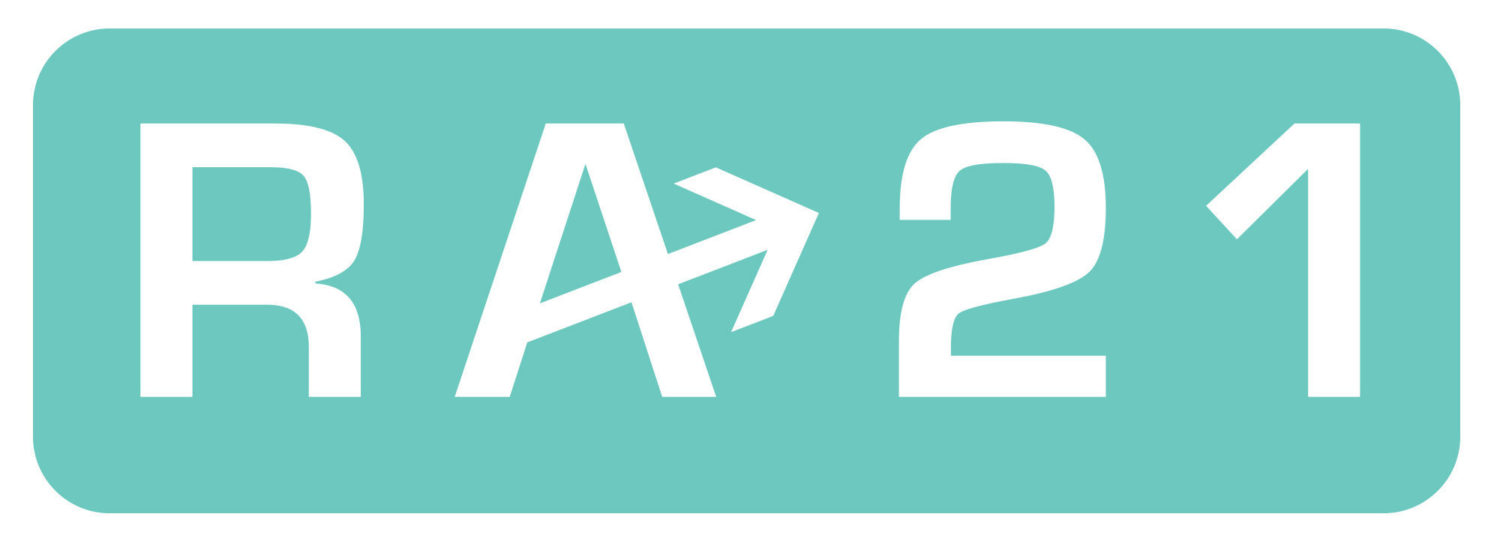Terms of Participation
Terms of Participation
Organization: Pilots will be run along the principles of self-organization. Participants within a pilot should collectively agree upon an individual to assume the role of project manager from within the participating group for that pilot. The project manager from each pilot will liaise directly with the RA21 Pilot coordinator throughout the duration of the pilot.
Participation: The project is seeking broad engagement from all participants in the supply chain of delivering scholarly content, including publishers, libraries, software vendors and other intermediaries. Participating organisations are required to nominate individuals to participate in the pilots who have the necessary levels of knowledge and skills to fulfil any technical or other requirements needed for participation. Although a number of people within an organisation may actively undertake work in support of a pilot, in keeping with NISO policy, non-members may only have a single person as a member active on any NISO working group at any given time. For organizations that are not members of either NISO or STM, we therefore require a single representative from each organization as the key point of contact for RA21.
Funding: Pilots must be self-funded. Participating organisations will be responsible for their own staff costs and any development costs required for their participation in the pilot(s).
Timing: Participating organisations are expected to support the successful creation and completion of the pilot(s) in which they are involved and to commit to timescales set by the overall RA21 project.
Openness and transparency: Participants are required to work in an open and constructive manner. Findings, experiences and results are to be shared among all participants during and after the conclusion of a pilot. The collective results from all RA21 pilots are intended to be used to develop best practices which will be made publicly available.
Review of final recommendations: The outputs of the pilots will be compiled and analyzed in terms of what has functioned as needed, what didn’t, what issues were faced in implementation, and what could be improved or simplified. Once compiled, the report will be released for public comment before publication. Final approval of the recommendations coming out of the pilots will be approved by the STM Board and the NISO Discovery to Delivery Topic Committee before publication.
Intellectual Property Rights: The RA21 Taskforce will not build a specific technical solution or an industry-wide authentication platform, but will seek to test and improve solutions. To ensure outcomes from RA21 can be widely shared and adopted the following principles apply:
- As a community-based development effort, we seek to make the outcomes of this project freely and publicly available. All participants should read and accept the NISO Intellectual Property Rights Policy <http://www.niso.org/apps/group_public/download.php/13500/NISO_IPR_Policy_2013.pdf>, which calls for the Free, Reasonable and Non-Discriminatory (FRAND) release of intellectual property that is incorporated into the project’s final recommendation. Ideally, the software and tools developed as part of this effort will be shared open-source, but proprietary solutions that may be developed could be excluded from the final recommendation based on a decision by the Steering Committee and the leadership of both STM and NISO.
- Any non-software deliverables or outputs from an RA21 pilot must be made available under a CC-BY license, enabling sharing and knowledge exchange among the RA21 pilots and with the public.
- Participants contributing to any final output of the RA21 project as a whole agree to assign copyright of any formal publication to the International STM Association & NISO. Any copyright of a final recommendation shall be held in common by both organizations.
